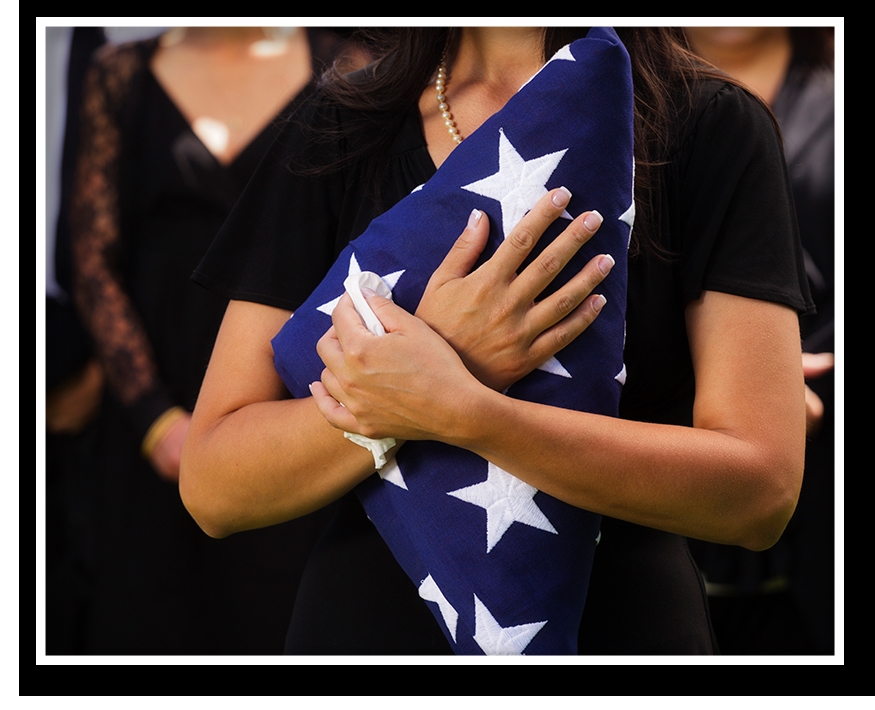President Trump's Call to a Widow
 The media has covered a phone call between President Trump and Myeshia Johnson, whose husband, La David, was a soldier killed in Niger. In an interview on Good Morning America with George Stephanopoulos, Johnson describes what the president said on speakerphone in her car:
The media has covered a phone call between President Trump and Myeshia Johnson, whose husband, La David, was a soldier killed in Niger. In an interview on Good Morning America with George Stephanopoulos, Johnson describes what the president said on speakerphone in her car:
"The president said that he knew what he signed up for, but it hurts anyways. It made me cry because I was very angry at the tone of his voice and how he said it. He couldn't remember my husband's name… I heard him stumbling on trying to remember my husband's name, and that's what hurt me the most."
President Trump replied to the controversy in a tweet:
White House Chief of Staff John Kelly, who lost a son in Afghanistan, said the president had asked him, "What do I say?" when he was preparing to call four families. Kelly defended the president:
"In his way, [he] tried to express that opinion -- that (Johnson) is a brave man, a fallen hero. He knew what he was getting himself into because he enlisted. There's no reason to enlist, he enlisted. And he was where he wanted to be with exactly the people he wanted to be with when his life was taken. That was the message. That was the message that was transmitted."
Offering sympathy, as we discuss in Chapter 6 of the book, is never easy. Perhaps President Trump could have shown some vulnerability-a natural hesitation or discomfort in offering compassion.
Discussion:
- Because we don't have a recording of the interaction, it's hard for us to judge what happened. In addition, an important missing element is tone. How do you think that might have affected how the message was received?
- Other than the phone call itself, how could President Trump have handled this situation differently?

